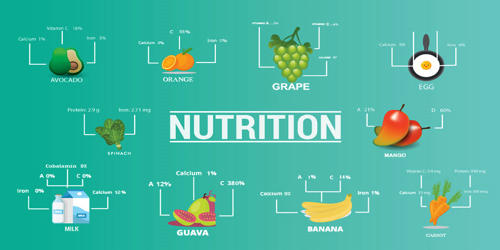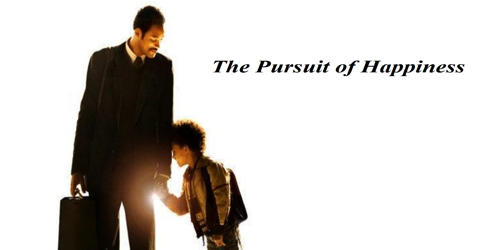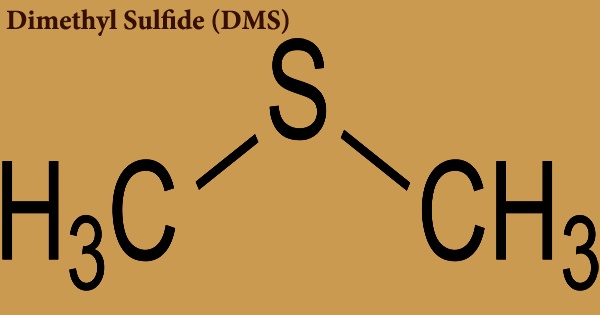Basic Understanding of Nutrition – an Open Speech
What is nutrition? Nutrition is how food affects the health of the body. It is the process by which living things receive the food necessary for them to grow and be healthy. We associate food with nutrition. Food is essential—it provides vital nutrients for survival, and helps the body function and stay healthy. Food is needed to maintain health, as a source of energy and to carry out life processes such as breathing, growing, excreting, and reproduction. Food also supplies micronutrients and phytochemicals that don’t provide calories but serve a variety of critical functions to ensure the body operates optimally.
Healthy eating habits are at the core of a healthy lifestyle. When we think of food, we think of it in terms of its calorific value. The calorific value is determined by the calorimeter and defined as the energy content of the food. Food energy is measured in calories (cal) or kilocalories (kcal). One calorie is equivalent to 4.2 joules and one kilocalorie to 4.2 kilojoules.
Essential nutrients include protein, carbohydrate, fat, vitamins, minerals, and electrolytes. There are factors that would affect the calorie requirements of humans.
The first factor is sex. Males generally need more calories than females because they are more active than females. Active females would definitely need more calories than a male who does no exercise at all.
The second factor is body size. a bigger body size requires more energy because there is more weight to support.
The third factor is the physical activity of an individual. A person who carries out more manual work needs more calories than an office worker who does more sedentary work.
The fourth factor is the state of health of the individual. Sick people need more energy than healthy people to fight against diseases and repair damaged tissues.
The fifth factor sits the surrounding temperature. People who live in cold climates need more energy to maintain constant body temperature.
Good nutrition intake results in good health. The individual is energetic and healthy and all his basic life processes function smoothly. He does not fall ill easily, does not catch the flu when he comes in contact with a person who has the sniffles, and is usually cheerful and good-natured.
On the other hand, should a person indulge in poor nutrition intake, he may face immediate health ailments and face more serious health problems in the long run. Poor nutrition intake means not having a balanced diet of sufficient proteins, carbohydrates, fats, and vitamins. he may consume too much red meat and too many fats. he stays away from vegetables, fruits, and drinks very little water but drinks too much soda.
Firstly, a person with bad nutrition intake may suffer from malnutrition. He lacks proteins and vitamins. He may suffer from undernourishment, scurvy, rickets, and even night blindness. His bodyweight drops. he becomes thin and lethargic. He may have a potbelly and dry skin. Vitamin deficiency can be seen in swollen and bleeding gums, soft bones, and poor vision.
Secondly, poor nutrition can result in anorexia nervosa. It is an eating disorder where a person limits eating and weigh at least 15% less than his ideal weight. He fears to be fat. the victim is thin and depressed. In very serious cases, the victim dies.
Thirdly, Poor eating habits can result in obesity. Excessive eating results in excess fat being stored in body parts like the abdomen, buttocks, and limbs. The person looks fat and sometimes develops low self-esteem.
Next, when there is an excessive intake of salts, fats, and cholesterol (in food like egg yellow, meat, prawns, cuttlefish), the person may develop high blood pressure, the silent killer of this era. Then, there is diabetes mellitus which is a metabolic disorder. High sugar intake may result in this modern disease of luxury living. These two diseases can lead to a stroke, a debilitating condition. In addition, another is heart disease or heart attack caused by arteriosclerosis which is cholesterol accumulation on the inner walls of the arteries.
Nutrition is essential for growth and development, health, and wellbeing. Whatever one’s span of life, short or long, one should maintain a healthy lifestyle. As far as it is humanely possible, one should eat healthily and sensibly to ensure good nutrition. Eating a healthy diet contributes to preventing future illness and improving the quality and length of life. It is no fun being sick, ill, and unhappy. Life is meant to be lived to the fullest, to be enjoyed. The first step is to take care of the body and the body will take care of itself. Your nutritional status is the state of your health as determined by what you eat.
Information Source:
















